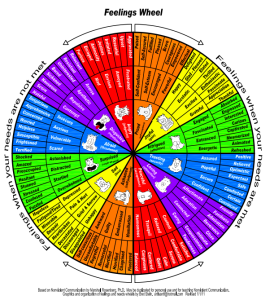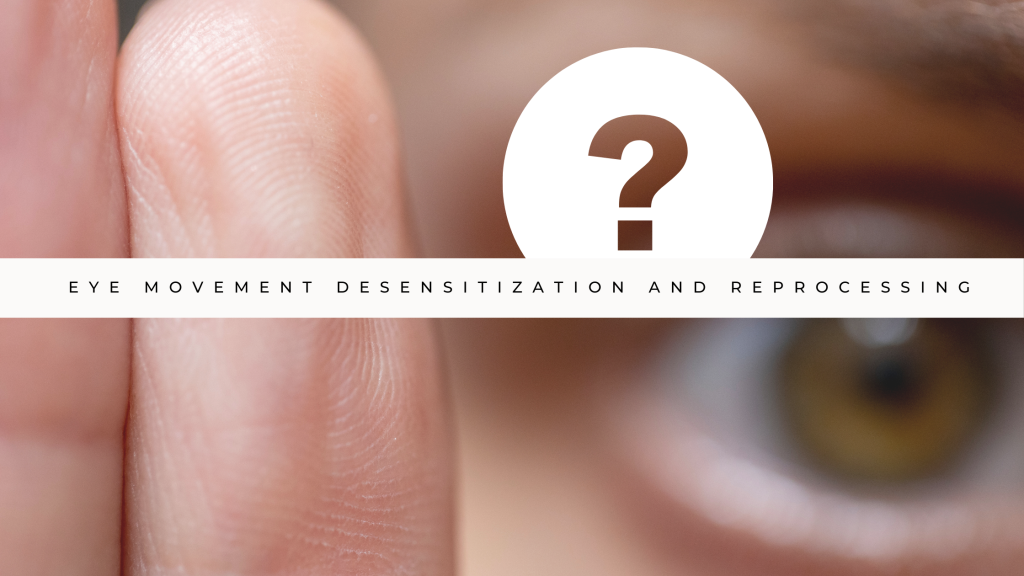What to do once you understand the need driving teen behaviours?
If you ask me, trying to understand why the behaviour is occurring is the hard part, especially when there may be tears, yelling, walking away, or whatever your teen’s favourite way to show that something isn’t quite right is.

Photo by Canva
Your mind may not automatically go to “Hmm… my daughter is having another meltdown before piano lessons… she must be expressing a need to have more choice or to be understood!” But understanding this why, or at least potential whys, can open up so many doors for communication, relationship-building, or for your daughter to be known and supported in decision making. If you’re currently unsure why your teen is acting in certain ways, you can read Chantal Côté ’s blog article: ‘5 Tips to Learning WHY Teens Behave the Way They Do (Teen Behaviours)’.
Once you have a potential why (or two), it is important to check in with your teen when she is in a calmer state. You may say something along the lines of “I wonder if you are resisting piano lessons so much because you feel you didn’t get a say in the matter?” Your teen may immediately jump to agree, or perhaps she has another idea as simple as not having time to eat a snack before the lesson or the piano lesson conflicting with another activity your teen is interested in. Checking in, being curious, and collaborating on the why together is incredibly important, because you both need to agree on the actual why for the “what” to be relevant and helpful.

Photo by canva
There are three general categories that immediately come to mind when I think about potential courses of action once the why is understood. These include self-awareness, skill development, and communication.
Responding to Teen Behaviours Category #1: Self-Awareness
Self-awareness is a big one. Sometimes it can be hard for your teen to understand why they are feeling the way they are or acting the way they do. Taking time to slow things down, to become comfortable with some discomfort, and to use both their thoughts and emotions to guide our actions are all key aspects of self-awareness.
As a parent, simple check-ins can help develop your teen’s self-awareness. Playful questions like “if your mood was the weather, what kind of day would it be?” can get your teen thinking about their internal experience. Using other less-direct strategies like looking at a feelings wheel together, watching Inside Out, or even taking online personality or love language quizzes can be useful tools in encouraging greater self-awareness.
Below is a feelings wheel, which shares not only the emotions your teen may be feeling, but the needs that could be behind the emotion as well. (If you would like a free printable version, email our team at info@pyramidpsychology.com).

Responding to Teen Behaviours Category #2: Skill Development
Depending on what the need is, sometimes there is a real opportunity for skill development. Let’s use the case of your teen not completing her homework as an example:
Potential unmet need #1: Need to be supported
In this case, a teen may be avoiding completing her homework due to not understanding the material and feeling anxious about the potential of being negatively judged.
A potential “what”: re-affirm your teen that you love her no matter what and that effort is more important than the outcome. In a case like this, your teen may benefit from some quality time, words of affirmation, or a break from the feelings of anxiety or inadequacy – maybe something completely fun and different like trying pottery, a paint night, or getting out to the mountains. Relevant skill development here includes greater self-awareness, communication, and a willingness to be authentic.

Photo by Canva
Potential unmet need #2: Need for peace
In this second scenario, your teen may be struggling to complete her homework due to an unmet need for peace. Maybe there is a lot happening at your home, maybe your teen is a little on the messy side, or maybe your teen does not have a quiet place to complete her work.

Photo by Canva
A potential “what”: find a quiet place with fewer distractions in your home to help your teen focus. If a consequence is appropriate for your teen not completing her homework, cleaning out a space could be a relevant consequence to meet that need for more peace. Helping other family members understand to keep the volume level down may be helpful as well. Relevant skill development includes aspects like self-advocacy, self-discipline, and organisational skills.
Potential unmet need #3: Need for independence and choice
As another example, your teen may be choosing not to complete her homework due to a sense of not having enough independence or choice. I have met a few teens who are a little on the rebellious side and tend to push back against any loss of freedom, real or imagined.

Photo by Canva
A potential “what” – have an open and honest conversation with your teen about what areas are appropriate to have choice in and what areas are not. Teens need to go to school, and part of that is completing homework and assignments. However, there may be some room for choice about how and when to do the homework, such as after dinner instead of right after school. Relevant skill development may include completing tasks even when you do not want to and understanding relevant consequences, both good and bad, of personal choices.
Responding to Teen Behaviours Category #3: Communication
Help your teen understand that you are not a mind reader, and that communication is key to everyone’s wellbeing. My wonderful colleague Ally will be writing on this topic for next week’s blog!

Photo by Canva
Discussing things such as the feelings wheel, self awareness, and needs behind behaviours, are what 1:1 therapy is all about for your teen. Having a neutral person they can let out their emotions to, and then safely discuss what’s going on behind the emotion, is important. You can book a free consultation to learn more about therapy for teens, here:
You can also discover more tips for parents around teen behaviours with another one of our team’s blogs: ‘4 Tips for Parents to Manage Teen Behaviours’.

Jessa is a provisional psychologist living and servicing teens and young adults in Calgary, Alberta.
Jessa is passionate about helping people become the best version of themselves and is continually learning how to best support her clients. She has experience with acceptance and commitment therapy (ACT) and cognitive behavioural therapy (CBT), but most importantly she emphasizes the therapeutic relationship.
A safe, authentic relationship is key for therapy to work. Jessa prioritizes compassion and nonjudgmental curiosity. Together, she can find out what matters most to you and how to get there.
If you think Jessa may be a good match for you, please feel free to reach out and set up a free consult or book a session. She is looking forward to hearing from you!
Once a month, she writes a blog article in response to issues she hears from the parents, teens and young adults she connects with. If you have something you’d like to read more on – email ideas and questions to info@pyramidpsychology.com or DM us via Instagram or Facebook.



























 What I would tell my younger self (younger sibling). When I ask this question 9 times out of 10, teens tell me their advice for their younger person would be to wait as long as they can before they start using social media, to avoid platforms that constantly show them videos and pictures they compare themselves to, and to enjoy things outside of screen time.
What I would tell my younger self (younger sibling). When I ask this question 9 times out of 10, teens tell me their advice for their younger person would be to wait as long as they can before they start using social media, to avoid platforms that constantly show them videos and pictures they compare themselves to, and to enjoy things outside of screen time.






 Hello, my name is Tara, and I am a graduate student in counselling, I will be doing my practicum at Pyramid Psychology and I am very excited to practice all the skills I have learned as well as develop new relationships.
Hello, my name is Tara, and I am a graduate student in counselling, I will be doing my practicum at Pyramid Psychology and I am very excited to practice all the skills I have learned as well as develop new relationships.














 I am a registered social worker with a Bachelor of Social Work with a major in psychology from the university of the Western Cape, and a Master’s in Clinical Social Work specialization with individuals, families, and groups from the University of Calgary.
I am a registered social worker with a Bachelor of Social Work with a major in psychology from the university of the Western Cape, and a Master’s in Clinical Social Work specialization with individuals, families, and groups from the University of Calgary.









